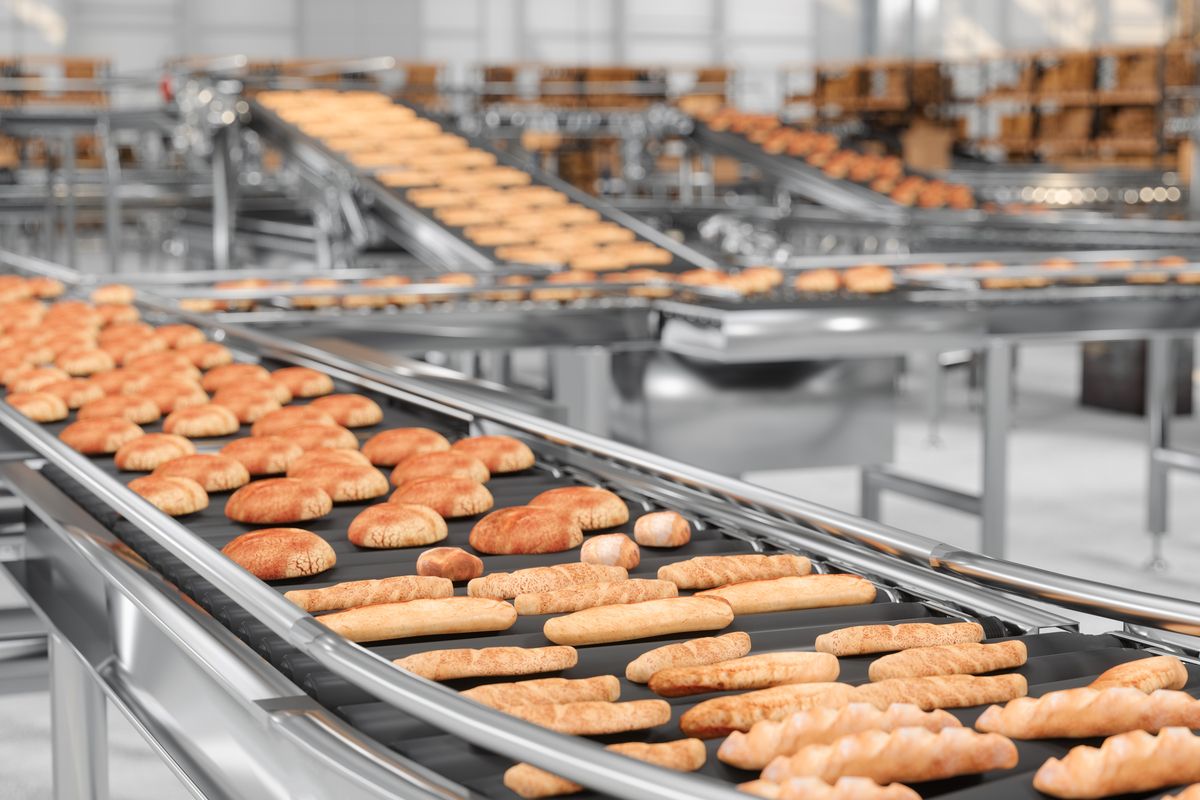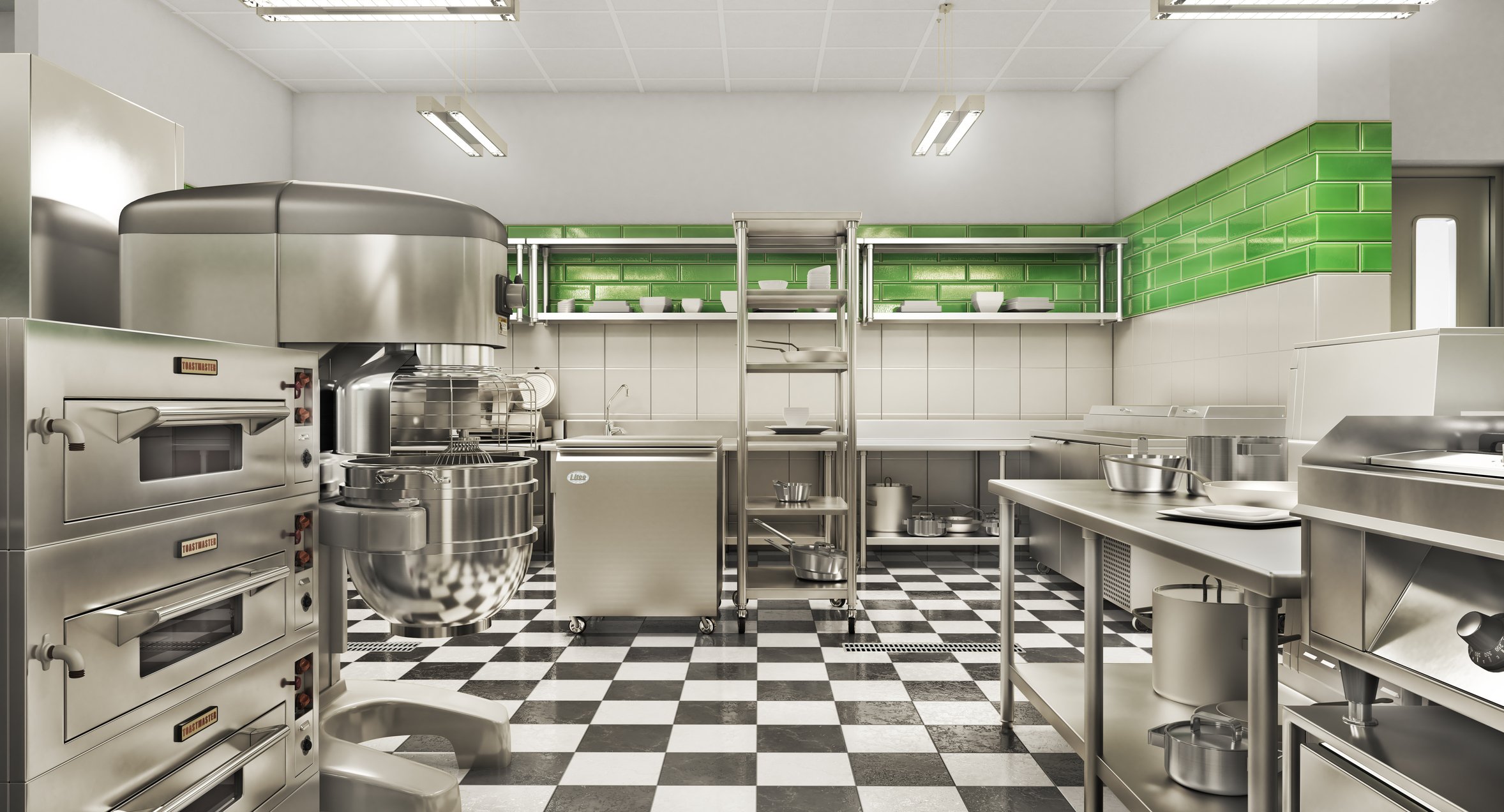Kitchen equipment specialist Middleby (MIDD +2.54%) is going through a time of transition. The company is moving on following the surprise decision by Selim Bassoul to leave his CEO role, with transition efforts gaining traction. Yet external factors are also affecting the company, and those impacts are showing up in Middleby's sales and profit figures.
Coming into Wednesday's second-quarter financial report, Middleby investors were looking to see solid revenue growth and a healthy rise in earnings. Middleby did manage to get those numbers to move higher, but the gains weren't as extensive as many had hoped. Going forward, shareholders seem concerned that the company looks vulnerable to so many factors that aren't entirely within its control to overcome.
Some sluggish numbers from Middleby
Middleby's second-quarter results didn't live up to expectations. Revenue was higher by 14% to $761 million, but that fell short of the $767.5 million that most of those following the stock were looking to see. Net income of $92.2 million rose almost 10% from year-ago levels, but even after accounting for some one-time items, adjusted earnings of $1.70 per share were less than the consensus forecast among investors for $1.76 per share.

Image source: Middleby.
Acquisitions continued to power most of Middleby's revenue gains, and organic growth weakened during the period. With new businesses adding almost 15 percentage points to sales growth, organic sales were only up 1.3% in the period after taking foreign exchange into account. That continued a slowing trend that Middleby has seen take shape all year in 2019.
Two of Middleby's segments saw at least a modest uptick in sales. The commercial food service equipment business posted top-line growth of 24%, with four different acquisitions helping to add to sales. Organic revenue rose 2.3% in the quarter, and the company pointed to new innovations like ventless cooking, automation, and flexible equipment in serving its restaurant customers. Meanwhile, at the food processing equipment group, revenue gains of 4.5% came from 3.4% organic growth, even though Middleby reported sluggish demand in the core meat processing business.
However, the residential kitchen equipment group continued to see pressure. Sales were down 6.5% for the segment compared to the prior-year period, and even after accounting for the closure of part of the business, organic revenue fell 2.6% during the quarter. Tough market dynamics and the overhang of Brexit on U.K. businesses hurt the segment.
Can Middleby recover?
CEO Tim FitzGerald went through some things Middleby will do to improve its results. "During the quarter," FitzGerald said, "we realized anticipated margin pressure from increasing materials costs related to tariffs. We have announced mid-year price increases to offset these increasing costs."
At the same time, though, Middleby wants to stay on the cutting edge. As the CEO described it, "We are making significant technology investments related to automation, controls, and our [Internet of Things] cloud-based offering, which we believe is critical to support our customer needs as they evolve their kitchen operations."
The good news for Middleby is that at least so far, its emphasis on being as efficient as possible is paying off. Adjusted pre-tax operating margin was up in all three of the company's segments, including huge gains of 8 percentage points to 18.3% in the residential kitchen equipment business and a nearly 6-percentage-point boost in food processing equipment to 21.4%. Even if sales pressures persist in some markets, that attention to maximizing profitability could enable bottom-line growth to continue even if tough conditions go on.
Nevertheless, Middleby investors weren't comfortable with the news, and the stock was down 9% in morning trading following the announcement. Until the kitchen equipment industry starts to get back to more normal conditions, especially in light of trade-related issues, Middleby could continue to have trouble delivering the results that shareholders got so used to seeing under Bassoul's past leadership.






